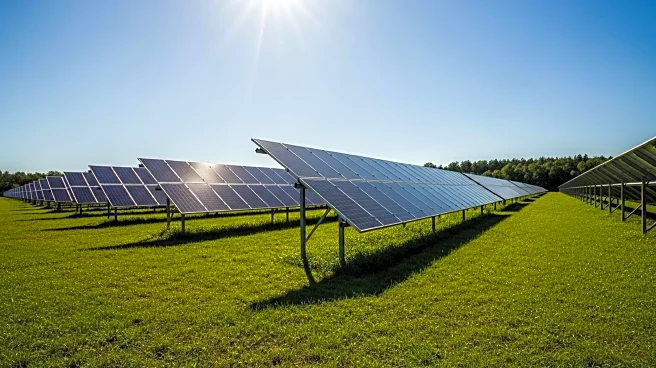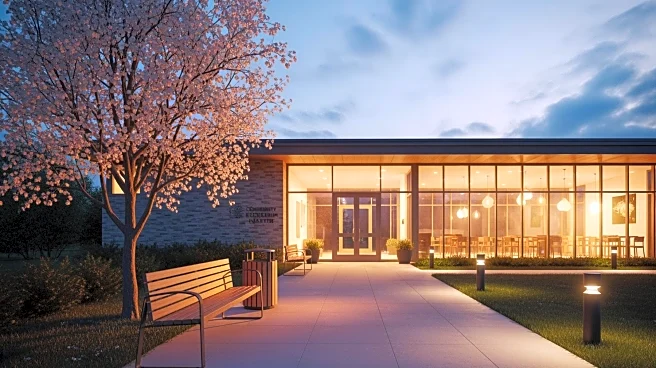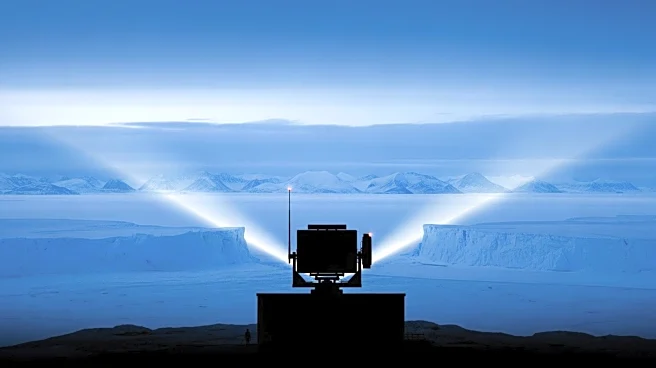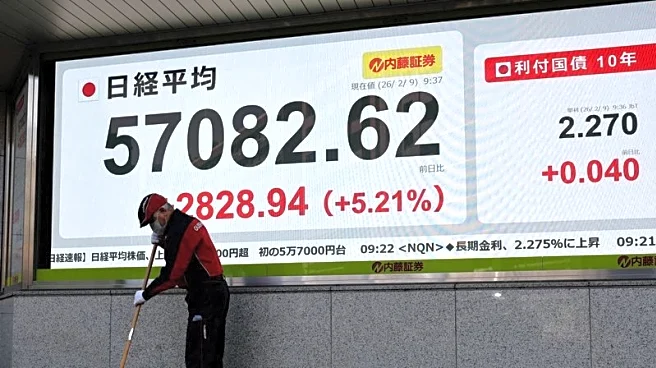What is the story about?
What's Happening?
Renewable Properties, a California-based developer and investor in solar and energy storage projects, has acquired a portfolio of 10 net energy metered (NEM) ground-mounted solar projects from Prospect14, a Pennsylvania-based solar energy developer. The projects, known as the Goldenrod Portfolio, are located across several counties in Pennsylvania, including Clearfield, Centre, Greene, Berks, Juniata, Snyder, and Columbia. These projects are in various stages of development and are expected to be completed by 2027, with a total capacity of 38.13 MWdc. This acquisition is part of Renewable Properties' strategy to expand its presence in Pennsylvania, a state experiencing increased energy demand due to rapid growth in artificial intelligence and data centers.
Why It's Important?
The acquisition by Renewable Properties highlights the growing demand for distributed solar generation in Pennsylvania. This move is significant as it supports local environmental benefits, job creation, and tax revenue generation, while also enhancing grid reliability. The expansion of solar energy infrastructure is crucial for Pennsylvania as it seeks to meet rising energy demands and transition towards more sustainable energy sources. The partnership between Renewable Properties and Prospect14 underscores the potential for further solar energy development in the state, contributing to broader renewable energy goals across the U.S.
What's Next?
Renewable Properties plans to continue its partnership with Prospect14 and pursue additional transactions in Pennsylvania and beyond. The completion of the Goldenrod Portfolio projects by 2027 will add to Renewable Properties' growing pipeline of over 1.5 GW of solar and energy storage projects under development. This expansion is likely to attract further investment in renewable energy infrastructure, potentially influencing energy policy and market dynamics in Pennsylvania and other states.
Beyond the Headlines
The acquisition reflects broader trends in the renewable energy sector, where distributed solar projects are increasingly seen as viable solutions for local energy needs. This development may encourage other states to adopt similar strategies, promoting decentralized energy production and reducing reliance on traditional power sources. The focus on distributed solar generation also raises questions about the future of energy distribution and the role of local communities in shaping energy policy.















